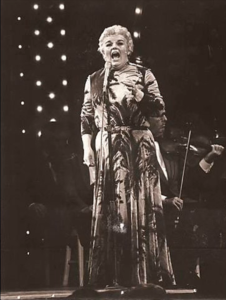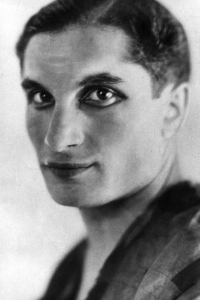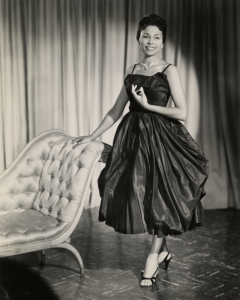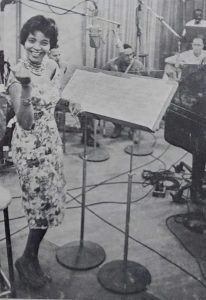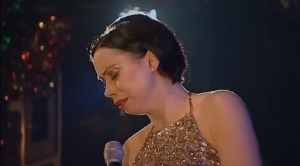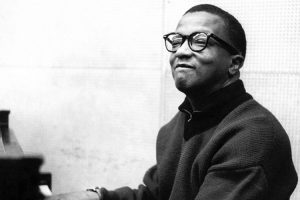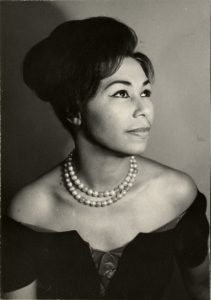Podcast: Play in new window | Download (Duration: 1:16:19 — 82.1MB) | Embed
Subscribe: Spotify | TuneIn | RSS | More
It’s been a tough week all around, not just nationally and internationally, but also personally for me and my family. Because I did not have the time or energy to put out a brand-new episode today, I am presenting to you a former bonus episode first published sometime in the past couple years which features a collection of some of the finest late career recordings of pop standards that Eileen Farrell made between 1988 and 1991 arranged and music directed by Loonis McGlohon or Robert Farnon. The songs all stem from the tradition of the Great American Songbook, whether well-known or more obscure, whether originally written for Broadway shows, for Hollywood, or simply straight from Tin Pan Alley. Backed by either a small combo or an orchestra, Farrell sounds remarkably youthful and always deeply connected to the style and essence of this music, which is no surprise since she had been singing this repertoire from her earliest days and is one of the very finest all-around singers this country has ever produced.
Countermelody is a podcast devoted to the glory and the power of the human voice raised in song. Singer and vocal aficionado Daniel Gundlach explores great singers of the past and present focusing in particular on those who are less well-remembered today than they should be. Daniel’s lifetime in music as a professional countertenor, pianist, vocal coach, voice teacher, and journalist yields an exciting array of anecdotes, impressions, and “inside stories.” At Countermelody’s core is the celebration of great singers of all stripes, their instruments, and the connection they make to the words they sing. By clicking on the following link (https://linktr.ee/CountermelodyPodcast) you can find the dedicated Countermelody website which contains additional content including artist photos and episode setlists. The link will also take you to Countermelody’s Patreon page, where you can pledge your monthly or yearly support at whatever level you can afford.
